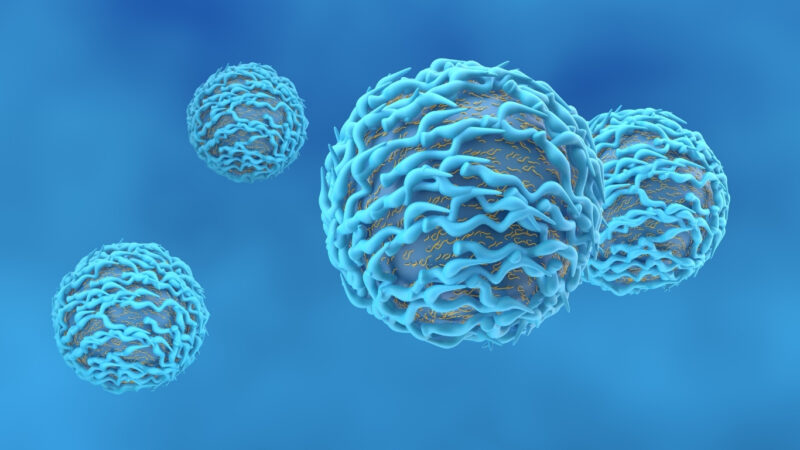Oncolytic viral therapy is based on the principle that viruses can directly infect tumor cells or induce the immune system to mount a stronger response against these cells. More comprehensive and effective results can be achieved when combined with other immunotherapies such as checkpoint inhibitors, CAR-T cell therapies and cancer vaccines. These combinations make it possible to both prevent cancer recurrence and eliminate metastatic tumors.
New studies have shifted direction slightly, aiming to target one of the most powerful immune responses known to the immune system – organ transplant rejection – against cancer cells. To do this, the Newcastle disease virus (deadly to birds but usually causing mild symptoms in humans) was genetically modified. An enzyme – α1,3-galactotransferase – was added to the virus to produce a sugar structure known to induce a strong antibody response in the human body against foreign tissues. The goal was to create “foreign tissue”-like structures on the surface of tumor cells to attract the attention of the immune system.
This unusual approach was first tested in monkeys with liver cancer. The results were promising: Monkeys given only a placebo (saline solution) died within an average of four months, while the group given the genetically modified virus survived for more than six months.
In preliminary human clinical trials (23 patients with advanced and treatment-resistant cancer), some tumors shrank or stopped growing. However, not all patients had the same level and duration of response. These variations are not surprising. The human study included a wide range of cancers and patients with advanced disease. In addition, these patients had been exposed to many different treatments and their immune systems were already compromised. The fact that a positive response was achieved even under these conditions shows the potential of the method. Of course, more extensive Phase II and Phase III clinical trials are needed to fully understand this effect.
Another important issue with virus-based therapies is safety. As a society that has recently experienced a global pandemic, the risk of these viruses spreading into the environment inevitably comes to mind. While the original Newcastle virus is considered harmless to humans, the potential effects of genetically modified versions on healthy tissues need to be carefully studied. Possible negative effects on other species, especially birds, should also be considered.
In summary, the idea of directing a strong immune response, such as that seen in organ transplant rejection, against cancer cells could be an exciting milestone in both biotechnology and immunotherapy. In the future, this approach could be combined with other treatment modalities, such as checkpoint inhibitors, with even more powerful results. Next-generation combination therapies, combined with the capabilities of genetic engineering, could lead to personalized and more effective cancer strategies.
However, it is important to remember that every cancer is unique. A method that works for one patient may not work for another. It is therefore crucial to adopt a multidisciplinary perspective in cancer treatment and to develop flexible strategies that take into account the individual characteristics of each patient.
References
Zhong, Liping et al. “Hyperacute rejection-engineered oncolytic virus for interventional clinical trial in refractory cancer patients.” Cell vol. 188,4 (2025): 1119-1136.e23. doi:10.1016/j.cell.2024.12.010
Vijayakumar, Gayathri et al. “Engineering Newcastle Disease Virus as an Oncolytic Vector for Intratumoral Delivery of Immune Checkpoint Inhibitors and Immunocytokines.” Journal of virology vol. 94,3 e01677-19. 17 Jan. 2020, doi:10.1128/JVI.01677-19





